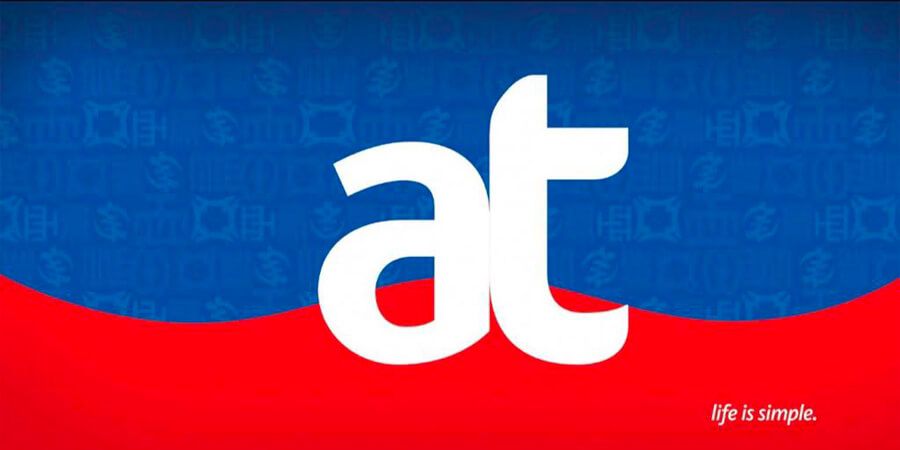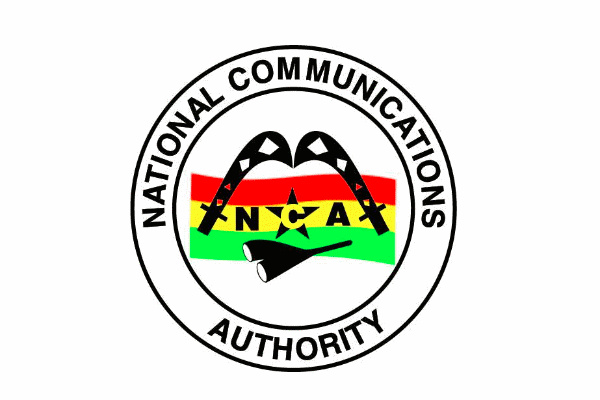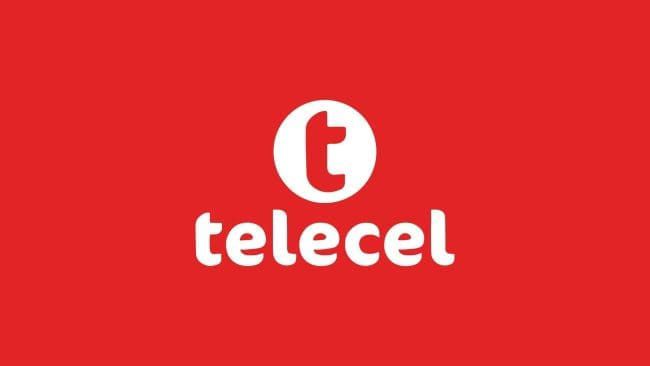Telecel Dismisses Allegations of Secret Takeover
Telecel Ghana has denied accusations by the Minority in Parliament suggesting that the company is secretly taking over AT Ghana, describing the claims as “misleading and inaccurate.” The telecommunications company said its engagement with AT Ghana is entirely lawful and based on directives from the National Communications Authority (NCA) to ensure uninterrupted mobile services for consumers.
The Minority, led by Matthew Nyindam, Ranking Member on Parliament’s Communications Committee, had earlier raised concerns that the deal goes beyond a simple business arrangement and affects a strategic national asset. Speaking at a press briefing in Accra on Wednesday, October 15, 2025, Mr. Nyindam argued that the transaction must be subjected to full transparency and public scrutiny, citing potential national security and ownership implications.
However, in a statement issued the following day, Thursday, October 16, Telecel clarified that its involvement was initiated to prevent service disruption for AT Ghana customers after the company’s network infrastructure was shut down by ATC Ghana in August over unpaid debts.

According to the statement, Telecel’s engagement with AT Ghana is not a takeover or merger, but a temporary national roaming arrangement directed by the NCA. The move allowed AT Ghana subscribers to access mobile voice and data services while regulators and the government’s transaction advisor, KPMG, assess the company’s financial and operational situation.
“Without this intervention, AT customers would have lost access to essential communication services across the country,” the company explained. “The current arrangement is a temporary measure pending the outcome of the ongoing review.”
Telecel emphasized that it has acted within all regulatory frameworks and remains open to further engagement with government and other stakeholders to ensure clarity on the matter.
Addressing allegations that the company is facing liquidity challenges, Telecel described such claims as false. The firm maintained that it remains profitable, with year-to-date earnings in the hundreds of millions of Ghana cedis.
Since acquiring the business in 2023, Telecel said it has invested over US$240 million in clearing legacy debts, upgrading infrastructure, and expanding network capacity—figures that far exceed the US$10 million cited by the Minority.
The company also noted that none of its over 600 employees have been laid off since the acquisition, adding that it continues to be recognized as a Top Employer in Ghana for multiple consecutive years.
“Telecel is financially sound, and our investment commitment to Ghana remains strong,” the statement added.
Telecel further rejected suggestions that its recent corporate social responsibility (CSR) projects were politically motivated. The company said its community initiatives including the donation of advanced cervical cancer screening equipment to the Korle Bu Teaching Hospital, Tamale Teaching Hospital, and Sefwi Wiawso Government Hospital are part of its ongoing Ghana Medical Trust Fund launched in partnership with the Ministry of Health earlier this year.
It also highlighted its One Million Coders Programme, which aims to build digital skills among Ghanaian youth, and its sponsorship of cultural events such as the Homowo, Akwasidae, and Oguaa Fetu Afahye festivals.
“All our sponsorship requests have come directly from traditional councils,” Telecel said. “It is therefore surprising that support for a cultural event like the Homowo Festival is being misinterpreted as a political gesture.”

Telecel’s rebuttal comes at a time when Ghana’s telecom sector is under increasing scrutiny over foreign investment and ownership structures. With MTN Ghana controlling an estimated 70% of the market share, regulators have encouraged competition to improve service quality and consumer choice.
Industry analysts note that the NCA’s directive allowing Telecel to assist AT Ghana was a strategic intervention to preserve market stability and protect over five million AT subscribers from service disruptions.
Telecel currently operates in Ghana as the Ghana Telecommunications Company Limited, with the Government of Ghana holding a 30% stake, making it one of the few telecom firms with partial state ownership.
The company reiterated its commitment to transparency, ethical business conduct, and expanding digital access across Ghana. “We encourage the public to disregard statements that misrepresent our role or intentions,” it said.
The ongoing exchange between Telecel and the Parliamentary Minority underscores broader concerns about transparency, foreign participation, and national control in Ghana’s telecom sector. As mobile connectivity becomes integral to national security and economic growth, public trust in regulatory decisions remains crucial.
Analysts say how government manages this issue could set a precedent for future investments in strategic sectors such as energy, telecommunications, and infrastructure.
For now, Telecel insists that its role in supporting AT Ghana is temporary and regulatory-driven, not an attempt to acquire control or undermine state interests.
Read also: Minority Urges Transparency in AT–Telecel Deal, Calls for Fair Competition in Ghana’s Telecom Sector

